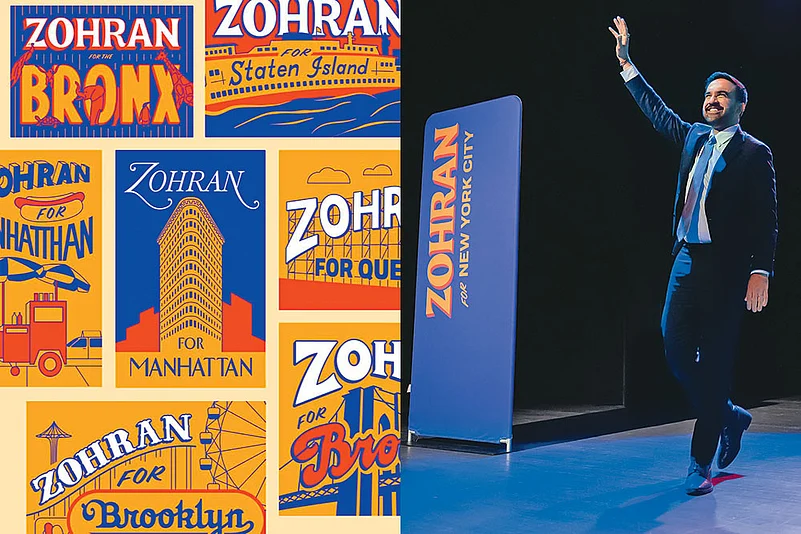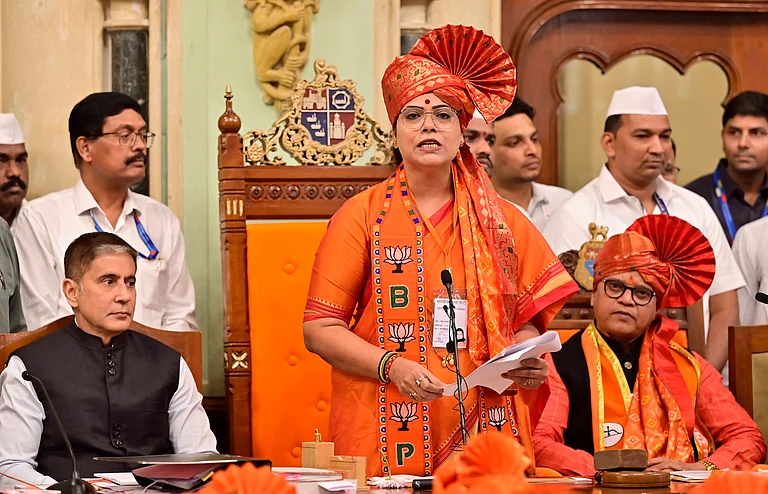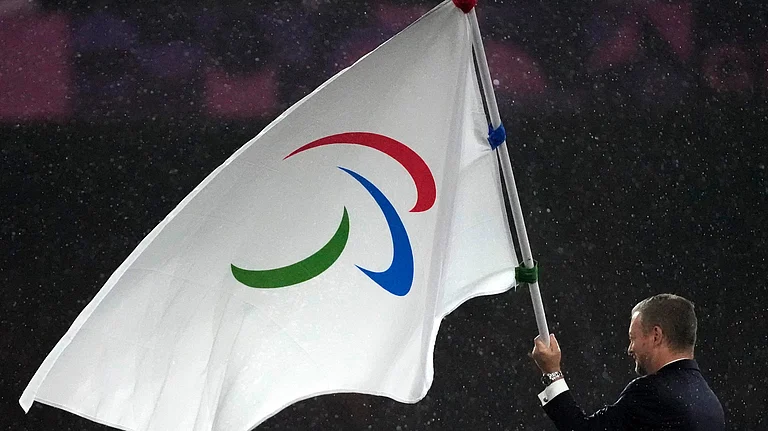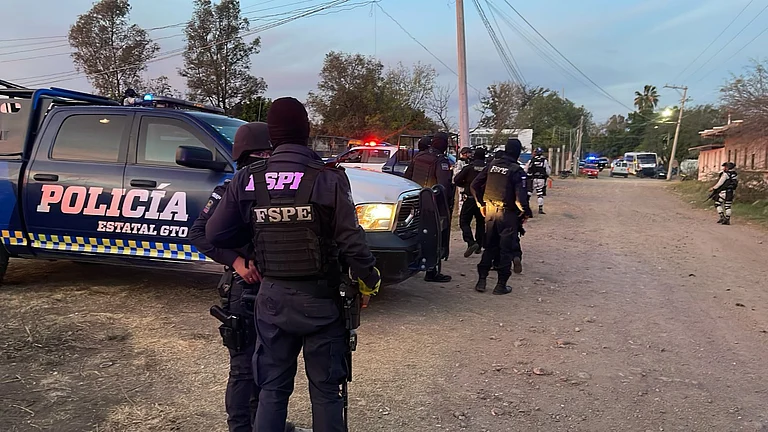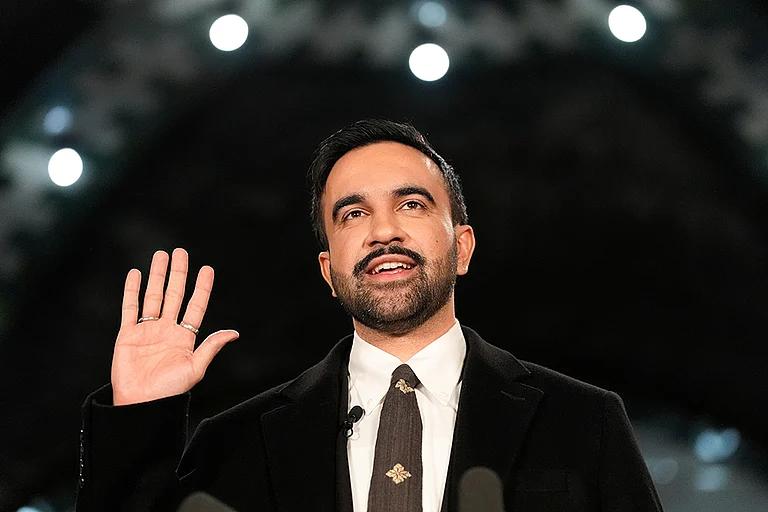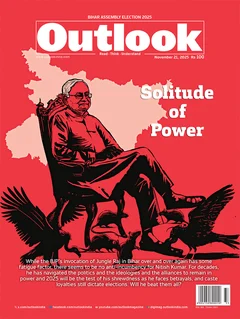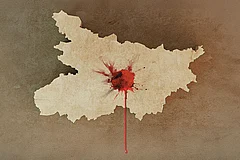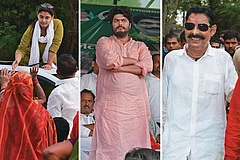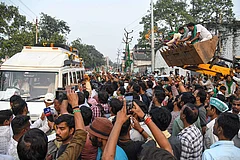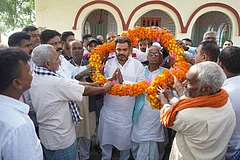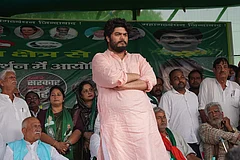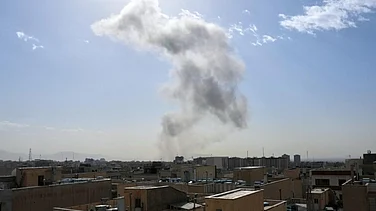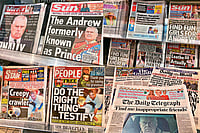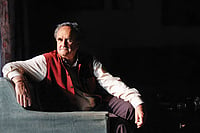
Zohran Mamdani’s election as NYC mayor marks a major rejection of divisive, Trump-era politics and reaffirms faith in democratic, inclusive ideals.
His victory symbolises a new political movement that challenges entrenched power and prioritizes ordinary citizens over oligarchic interests.
The outcome resonates globally, inspiring democratic voices beyond the US by proving that course correction in a democracy is still possible.
Just when we were being made to believe that the future belongs to autocrats and authoritarian demagogues, there is cheerful news from New York City: democracy has not exhausted its potential for enlightened change and for moral refurbishing.
Democrats and otherwise sober men and women across the world have every reason to be humming Liza Minnelli’s ode to that city:
Start spreading the news,
I’m leaving today,
I want to be a part of it,
New York, New York
Just a little over two decades ago, the city was the site of a horrendous terrorist act; the iconic Twin Towers got gutted as evil men drove two hijacked aeroplanes into them; thousands died; “9/11” changed the way the world thought about its values and beliefs and priorities; warmongers manufactured a narrative that took us away from basic democratic principles; that cataclysmic event set the stage for over-use of military power, state terror, Islamophobia, and the eruption of a very ugly nationalism. Legitimacy and acceptability accrued to any demagogue who could use the pulpit to talk the language of bigotry and hate. Religious fanaticism all over the world found new voices and new adherents and partisans.
Now the same city has elected a 34-year-old man with a Muslim name as its mayor. His rivals sought to make much of his religion and his ethnic background, but the city voters refused to be scared into favouring those who prosper by mongering distrust and divisiveness. Instead, the voters chose to back a man who was offering hope and togetherness.
Zohran Mamdani’s victory has been cheered across the world because it was as much a triumph of a new kind of politics as it is a rebuff to President Donald Trump and his politics of intimidation and invective, at home and abroad. Trump had, needlessly but unsurprisingly, injected himself into the New York mayoral contest by backroom quarterbacking of Mamdani’s rivals, as also by threatening to slash federal funds for the city should this challenger of status quo got elected.
It is necessary to note that both Mamdani and Trump are quintessential products of that great city. A town of hustlers, swindlers, conmen, creative geniuses, ethnic vibrancy; a city that favours men and women of elegance, style, fashion, wit, imagination, optimism, and sheer perseverance. It refuses to be a settled down place; always willing to engage with one more experiment in social arrangements. Both Trump and Mamdani are New Yorkers at the core. On November 4, the city created a new narrative for itself and it will be decoded and deciphered around the world—for inspiration and for replication. Just as Liza Minnelli sang: “If I can make it there, I’ll make it anywhere.”
Since his second presidential innings began in January, 2025, Trump has relentlessly devalued the idea of American democracy in the eyes of millions and millions of Americans, and, in the process, has sent out an unhappy message to the world that looked upon the US as an ideal democracy, worthy of emulation. The maximalist interpretation that Trump has put on his presidential powers—and has been allowed to get away with it—has given heart to all the “strongmen” across the world who use the paraphernalia of elective democracy to hollow out the very concept of democracy. In the Trumpian theocracy, authority is not to be questioned; ‘obedience must be rendered to the Caesar’. The very idea of dissent has been reduced to a dirty concept.
Now, a Mamdani victory has not only dented the Trump Supremacy, it has also proved that there is nothing inevitable about Trump and Trumpism. A veritable bonfire of the Trumpian vanities has become the most pleasing spectacle. For one shining moment, New York City has reaffirmed its romantic streak and has given hope to millions and millions, way beyond that exotic metropolitan.
Mamdani was wilfully not a part of the establishment; he wormed his way into the affection of the New Yorkers by questioning the status quo, challenging the political priorities, and the governing protocol of an establishment that is firmly in the grip of oligarchs and other power brokers. Mamdani reminded the city’s voters of the harshness of life behind all the glitter and the shimmer of the Manhattan skyline. And then, he promised to make life for the average voter less harsh and less dehumanising. He invoked the curative power of inclusion, without brandishing the animosities of politics of exclusion that has cast a mesmerising spell on so many Americans. He invited opposition and hostility from every established site of traditional power.
The Mamdani victory will have reverberations beyond New York and beyond America. Because this man, with a very un-American name, has shown how a politician can rekindle a society’s conscience and how he or she can summon the faithful and the hopeful to defiance and resistance to callous authority, and, can enthuse a community to reach out to its inner resources and resilience to forge a higher collective nobility. A seductive moment in history.
The world will watch with attention how Mamdani will defuse and defang the entrenched interests in America’s greatest city and how he will cope with militant non-cooperation, even hostility, from the Trump White House. And, as the older Cuomo, Mario, once remarked that while “you campaign in poetry, you govern in prose”. Governance is a tricky affair; it requires competence, passion, commitment, and conviction to exhort citizens and followers to rise above personal and petty interests. Aspirant political leaders across the world would very much want a Mamdani City Hall to set an example as to how to govern in prose without losing the imagination of a poet.
It is not easy to pigeonhole Mamdani and his fellow-travellers in any recognised political category, but they do constitute a “new” urge and a “new” insistence that the operating principles of governance must be aligned with the needs and requirements and hopes of a majority, rather than being the handmaiden of the dozen-odd billionaires and political honchos.
The progressive, liberal, and other democratic souls around the world would observe how creative and adept Mamdani turns out in using the mandate of the crowds through the existing political institutions; how he would avoid the pitfalls of impatience and righteousness; and, how he would not let his rivals’ viciousness define him. A Mamdani mayoralty in the world’s most global city has a tantalising cachet to it. From the dark days of “9/11” New York moved back, on “11/4” to its old zeitgeist. All is not lost.
Many in India would feel entitled to think of Mamdani’s triumph as a reaffirmation of the intrinsic validity of our own democratic values. That his mother is an Indian, that he would quote Jawaharlal Nehru in his victory oration, that he did not shy away from his Muslim identity are enormously satisfying to our liberal and republican votaries. More than the elevation of a Rishi Sunak as the prime minister of England, a Zohan Mamdani as the Mayor of New York somehow is a pleasing development. In this age of inter-connectedness, a Mamdani victory in New York will give hope to the dispirited democrats call over the world. India will not remain untouched. Some would hope for a similar de-contamination. Never underestimate a democracy’s potential for undertaking course-correction and other similar miracles.
(Views expressed are personal)
MORE FROM THIS ISSUE
Harish Khare is a Delhi-based senior journalist and public commentator







